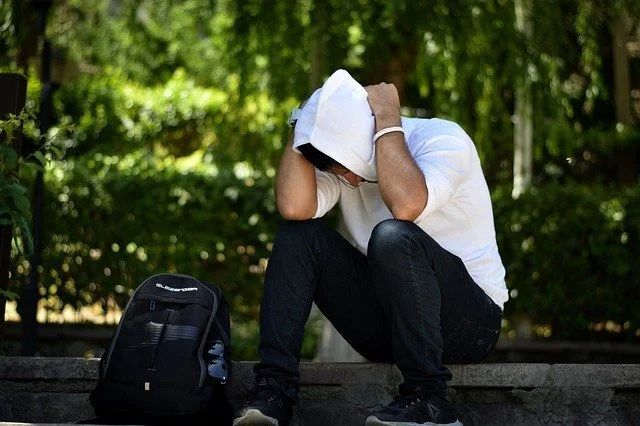Many people come to my office have struggled with trauma, and the anxiety and depression that go with them, for a while, often for many years. They have tried all kind of things to make the thoughts and feelings of the trauma go away.
Walking Mindfully
Getting Clarity Through Mindfulness
John Kabat-Zinn defines mindfulness as “paying attention in a particular way: on purpose, in the present moment, and non-judgmentally” (Full Catastrophe Living, 1994). Each part of that definition is important if you are someone who is struggling with trauma, and the other feelings that go with it, like anxiety and depression.
Entangled In Your Thoughts
If you have experienced trauma, control might be a big issue for you. By definition, trauma is an event that creates a high level of stress or fear, but you do not have the chance to escape or get away from it. When thoughts or feelings about the trauma show up later, it makes sense that you would want to avoid these negative internal experiences. So, you exert control, and you can do this in lots of ways.
What Is PTSD?
PTSD stands for Post-Traumatic Stress Disorder, a psychological disorder caused by exposure to a traumatic event. When you hear the words “traumatic event,” you may think of horrible things that have happened to other people. So many of us have experienced a traumatic event. And yet, most of us do not have PTSD. What makes the difference? It is the impact of the event and how you respond to it that leads to PTSD.
Your Mind…And Mindfulness
When you have experienced trauma, it is easy to get caught up, even lost, in all of the thoughts and feelings associated with trauma. Of course, none of us do this on purpose or even consciously. It is not like you wake up in the morning and try to find ways to get sidetracked by all of these thoughts, feelings, sensations, and memories. And when they do surface, you do all you can to push them back down or avoid them.
Life Getting Smaller
One person has made a distinction between pain and suffering. Pain is an emotion that happens rather naturally. You feel physical pain when something happens to your body. You feel emotional pain when something happens inside you or in a close relationship. While pain is an emotion that happens naturally, suffering comes from all the thoughts and feelings that we add to it with our minds.
What Happens With Trauma
Memories are the result of our minds and bodies processing and integrating information. Events happen and they find a place in us. This is true for events that are frightening and threatening. Just like the body goes into action to heal a physical wound, this processing and integrating helps us make sense of the fear and the threat so that it does not overwhelm us and allows us to choose a response.
Experiential Avoidance and Trauma
There are two challenges for a person who has experienced a traumatic event. The first thing you have to do, of course, is survive the trauma. Fortunately, your mind and body have built-in systems to help you survive trauma. These are your fight/flight/freeze responses. A traumatic event involves two elements. First, there is the situation that creates a great deal of fear and stress. Second, there is the inability to escape the situation. When this happens, your fight/flight/freeze responses allow you to survive what is happening.









